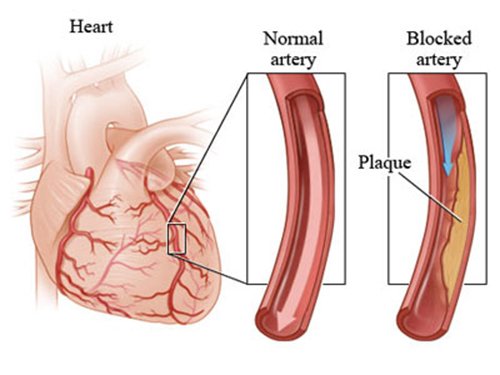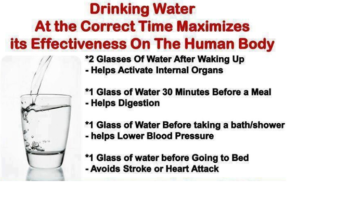Every year, thousands of people experience heart attacks, with many cases proving fatal due to a lack of timely recognition and intervention. Understanding the early warning signs can be the difference between life and death. This article will explore the critical symptoms that may indicate an impending heart attack, helping you recognize potential risks and take immediate action.
Common Warning Signs of a Heart Attack
Chest Discomfort: The Primary Indicator
Chest discomfort is the most well-known and prominent warning sign of a heart attack. This isn’t always a sharp pain, but can manifest as:
- Uncomfortable pressure in the chest
- A squeezing sensation
- Feeling of fullness or tightness
- Persistent pain that may come and go
Importantly, chest discomfort during a potential heart attack typically lasts more than a few minutes and may spread to other areas of the upper body, including arms, neck, jaw, or back.
Discomfort Beyond the Chest
Heart attack symptoms aren’t confined to chest pain. Many individuals experience discomfort in other areas, such as:
- Pain radiating down the left arm
- Unexplained back pain
- Discomfort in the neck or jaw
- Unexpected stomach pain
Less Common Warning Signs
Shortness of Breath
Difficulty breathing or feeling breathless, with or without chest discomfort, can be a critical warning sign. If you experience sudden, unexplained breathlessness that’s unusual for you, it’s crucial to seek medical attention immediately.
Unexpected Digestive Symptoms
Some heart attack victims report experiencing:
- Nausea
- Indigestion
- Vomiting
These symptoms are often mistaken for common digestive issues, which can delay critical medical intervention.
Dizziness and Lightheadedness
Sudden unsteadiness, feeling faint, or experiencing vision changes can also indicate an impending heart attack. These symptoms should never be ignored, especially when accompanied by other warning signs.
Differences Between Men and Women
Symptoms in Men
Men typically experience more traditional heart attack symptoms, including:
- Intense chest pain
- Pain radiating to the arm, neck, and jaw
- Shortness of breath
Symptoms in Women
Women often experience more subtle and unique symptoms, such as:
- Unusual fatigue
- Anxiety
- Pain in the shoulder, back, or arm
- Mild chest discomfort
These differences can make heart attack detection more challenging for women, which is why awareness is crucial.
Silent Heart Attacks
Some heart attacks occur without noticeable symptoms, known as “silent” heart attacks. These can be particularly dangerous as they go undetected, potentially causing significant heart damage. Regular medical check-ups and ECGs can help identify these silent events.
Critical Steps to Take
If you or someone around you experiences these symptoms:
- Call emergency services immediately
- Do not attempt to drive yourself to the hospital
- Chew and take aspirin if recommended by medical professionals
- Stay calm and wait for professional medical help
Remember, early recognition and quick action can significantly improve survival rates and minimize heart damage. Always prioritize your health and never hesitate to seek medical attention when something feels wrong.





